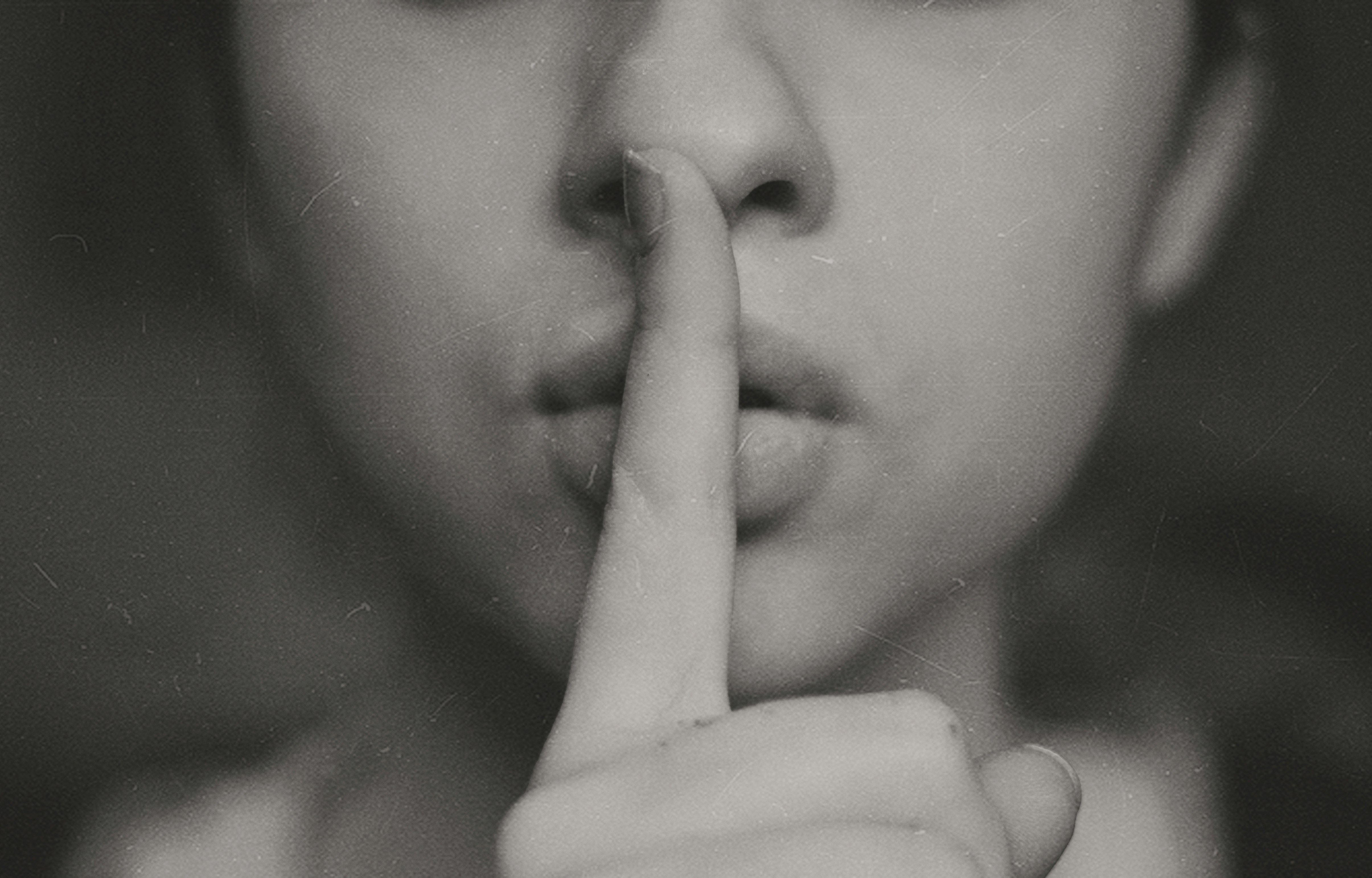One thing many people take for granted is their senses. We think that we’ll always be able to see that gorgeous sunset, so we don’t bother with sunglasses. We think that we’ll always be able to taste new culinary adventures, so we eat hot foods that burn our palates or waste time on boring eats. And plenty of folks assume they’ll always be able to hear their favorite band, so they blast music into their earphones.
The truth is, though, that health concerns like hearing loss, tinnitus, and nearsightedness are far too common. We don’t like to think of these things because they’re unpleasant, but with almost 50 million people in the United States suffering from tinnitus (a ringing, buzzing, or humming in the ears without an external source), it’s worth considering your options ahead of time. Read on for some different approaches to hearing loss that you should be aware of.
1. Get your hearing tested by an audiologist regularly.
One way to keep tabs on any potential hearing loss is to just stay apprised of the most recent information. That means getting your hearing tested by an audiologist regularly. As mentioned, tens of millions suffer from tinnitus in the U.S., but just because it’s common doesn’t mean that it shouldn’t be taken seriously. In fact, while it’s usually just a nuisance, tinnitus can lead to mental health issues like anxiety and depression, and it may be a sign of worse hearing loss to come.
If you don’t have an audiologist you know and trust, or if you’re just staying home due to COVID-19 social distancing regulations, you should know that you can find an online hearing screening that will do the job just as well as an in-person screening would. Online audiologists can help you understand options for hearing aids, cochlear implants, or any other techniques for mitigating tinnitus and hearing loss.
2. Use supplements for a holistic approach to hearing health.

Your ear canals and eardrums are a part of your whole self, so one approach to helping with hearing health is to just stay as healthy as possible overall. That means eating well, exercising, and thinking about how other medical traditions can provide insight into a holistic approach to health.
Ayurveda, for example, is an Indian medical tradition that uses massage and essential oils (such as clove, peppermint, and lavender) in order to maintain wellness and heal people. If you’re looking into using Ayurvedic medicine, make sure you’re using only the best quality all-natural CBD-infused Ayurvedic oil. CBD has calming effects and, paired with the wisdom of Ayurveda, can be an excellent recipe for overall wellness. That being said, while CBD is regarded as safe, it’s still undergoing testing. Therefore, be sure to consult a physician if it’s your first time trying CBD products and CBD oils.
3. Get custom, protective earplugs for everyday use.
Custom earplugs are fit to the specific shape of your ear canal and will do a better job at masking loud noises than generic earplugs will. They’re also healthier, especially seeing as they don’t put undue pressure on your eardrum or inner ear. One of the most important things you can do for your hearing health is to protect your ears from loud noises you may not think of—trains pulling into a station, a car blasting loud music, the machinery at your job site. If you get custom earplugs, you can keep them in your bag and protect your ears on the go.
4. Take hearing breaks, and stay away from noise.

Another way to keep your ears away from undue noisy situations is simply to remove yourself from them. Are your roommates blasting the TV set in the living room? Are your family members listening to music? Take hearing breaks every now and then by simply going into your room, closing the door, and turning on a white noise machine or donning earplugs. Taking breaks from the sensory input will both help your hearing and your anxiety levels.
